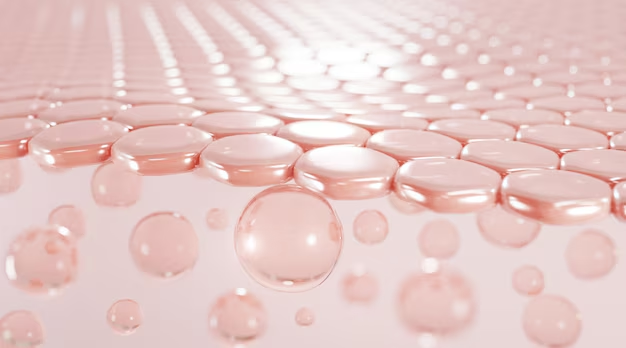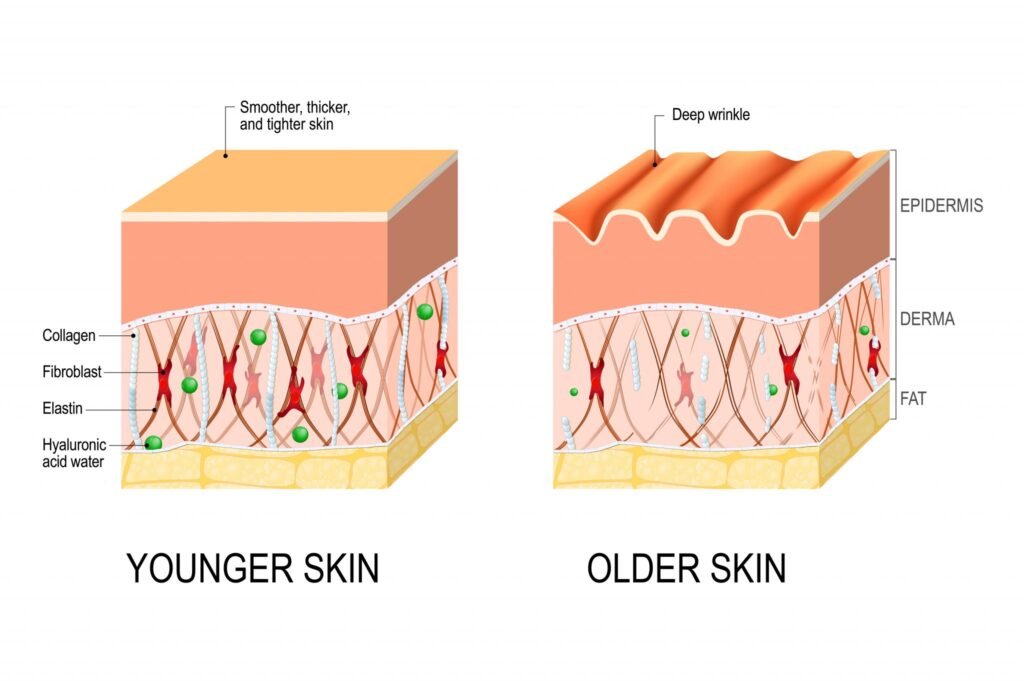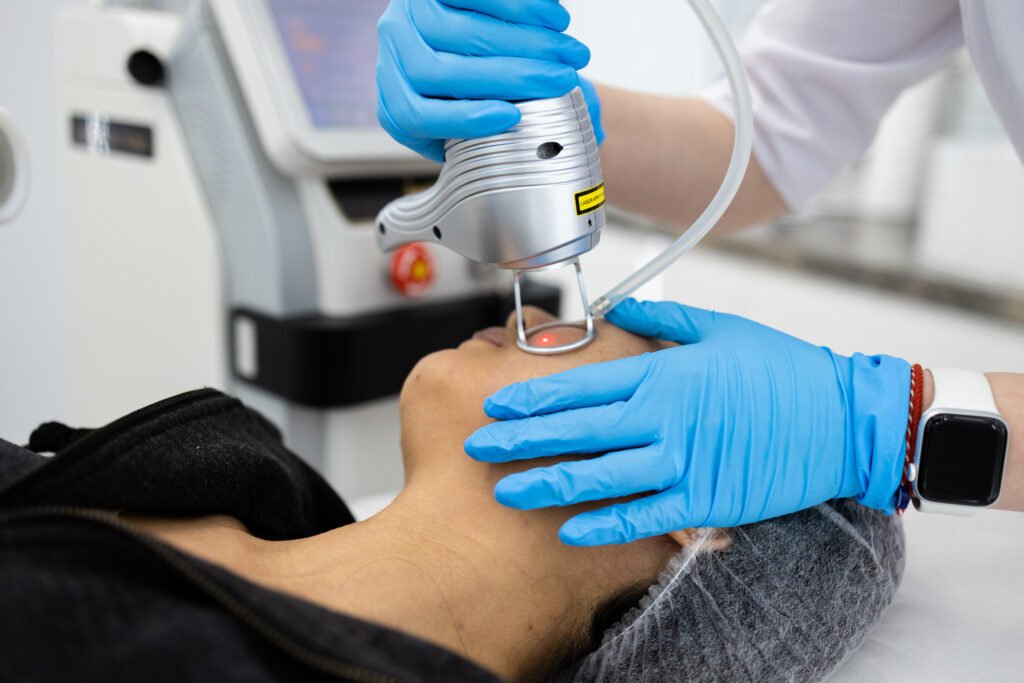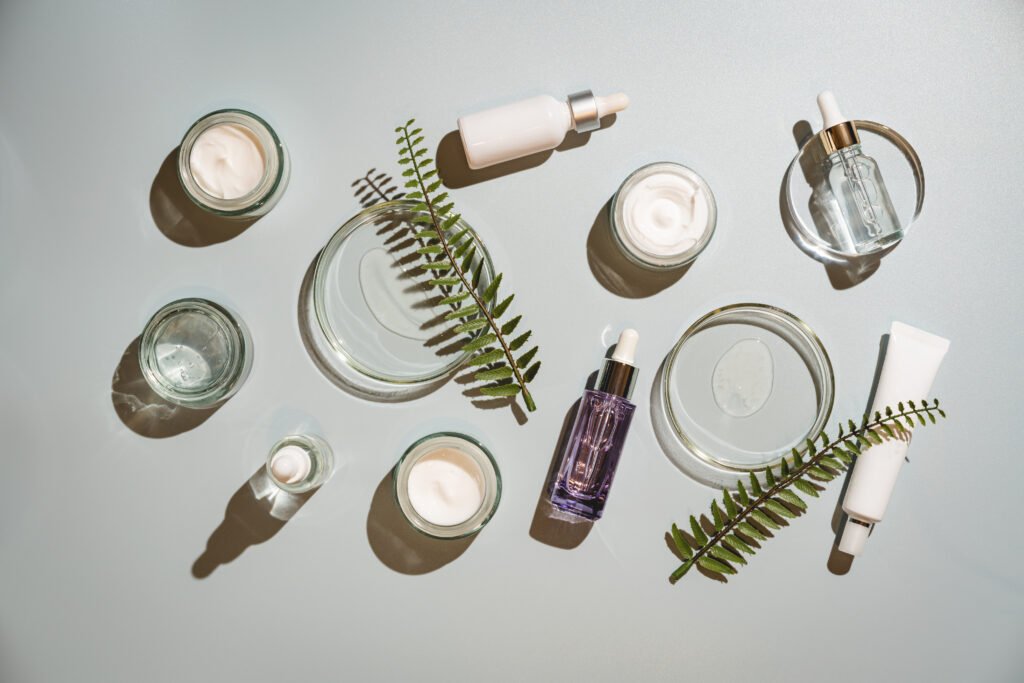Introduction
Collagen banking is a concept that has gained significant attention in the world of skincare and aesthetic treatments. But what does it mean, and why is it so important for those who want to maintain a youthful appearance? Collagen, an essential protein in our skin, plays a key role in providing structure and elasticity. Unfortunately, our natural collagen production decreases over time, which leads to signs of aging like sagging, wrinkles, and thinning skin.
VIDEO:
In this post, I’ll explain the concept of collagen banking, how it works, and why it’s beneficial to start early. I’ll also cover various ways to boost collagen, both at home and through professional treatments, to help you achieve the healthiest, most resilient skin possible.

What is Collagen Banking?
Collagen banking refers to the idea of building up and maintaining your skin’s collagen levels from a young age. Just like saving money for the future, collagen banking involves taking steps now to “invest” in your skin, so you can maintain its youthful structure over time. By supporting collagen production early on, you’re helping to slow down the visible signs of aging.
Starting collagen-boosting treatments in your twenties or thirties helps build a strong foundation of collagen that can withstand the natural aging process. And while early intervention is ideal, it’s never too late to start! Even in your fifties or sixties, your skin can respond positively to treatments that stimulate new collagen production.
Why is Collagen Important?
Collagen is a fundamental protein found in the extracellular matrix of the skin, particularly in the dermis (the skin’s second layer). It provides structure and helps keep the skin firm and resilient. In youth, we have abundant collagen, along with elastin and glycosaminoglycans (sugars in the skin) that give us that full, plump appearance. However, as we age, our natural production of these components decreases, which leads to changes in the skin’s texture, appearance, and elasticity.

On average, we lose about 10% of our collagen every decade. Environmental factors, such as sun exposure, pollution, and even blue light from screens, can accelerate this loss. But by taking proactive measures, we can slow down or even reverse some of these effects.
How Can You Bank Collagen?
There are several ways to support and build collagen, and these fall into three main categories: professional treatments, daily skincare, and lifestyle habits.
1. Professional treatments
- Skin Boosters and Biostimulators: These treatments involve injecting substances into the skin that stimulate fibroblasts (collagen-producing cells) to produce new collagen. Skin boosters can be done every six months to two years, depending on the product and desired results.
- PRP (Platelet-Rich Plasma) and Polynucleotides: In PRP treatments, plasma from your own blood is injected into the skin to promote collagen production and cell renewal. Polynucleotides can have similar effects and are increasingly popular.
- Microneedling with Radiofrequency: This treatment combines microneedling with radiofrequency energy to stimulate collagen in the deeper layers of the skin. It can be a powerful way to support collagen renewal.
- Laser Treatments: Certain laser treatments can help boost collagen by creating controlled micro-injuries in the skin, prompting the body to produce new collagen as it heals.

2. Daily Skincare
Collagen maintenance starts with a solid skincare routine. While there are many skincare products on the market, it’s essential to look for active ingredients proven to support collagen production.
- Retinoids (such as tretinoin or retinol): These are some of the most effective ingredients for collagen production and slowing down signs of aging. They work by increasing cell turnover and encouraging collagen renewal.
- Vitamin C: This powerful antioxidant plays a key role in collagen synthesis and helps protect existing collagen from free radical damage.Be cautious of marketing claims, as not all products will deliver on their promises. Stick to scientifically-backed ingredients for the best results.

3. Lifestyle Choices
- Diet: Eating a balanced diet rich in vitamins, minerals, and antioxidants supports overall skin health and collagen maintenance. Some people also choose to add collagen supplements to their diet, though their effectiveness is still debated.Sunscreen: One of the most important steps in protecting your collagen is daily sunscreen use. UV radiation is a major contributor to collagen breakdown, so a good SPF can help protect your skin from this damage.
- Healthy Habits: Regular exercise, adequate sleep, and minimizing stress all contribute to maintaining healthy, resilient skin.

Addressing Common Misconceptions About Collagen Banking
Many people believe they’re either too young or too old to start thinking about collagen banking. In reality, collagen banking can be beneficial at almost any age. Starting as early as your twenties can help you build a strong foundation, but even if you’re in your fifties or sixties, your skin can still respond positively to treatments that encourage new collagen production.
Final Thoughts
Collagen banking is all about creating a strong foundation for your skin’s future. By supporting collagen production through a combination of professional treatments, effective skincare, and healthy lifestyle choices, you can help your skin maintain its elasticity, resilience, and youthful appearance over time. The key to successful collagen banking is consistency and starting as early as possible – but remember, it’s never too late to start investing in your skin’s health!
If you’re ready to begin your collagen banking journey, I invite you to explore the treatment options at Doctor Contour Clinic. Visit our website to book your appointment with cosmetic doctor Dr. Kim Detollenaere, and let’s work together to develop a personalized plan that meets your unique skin goals.

